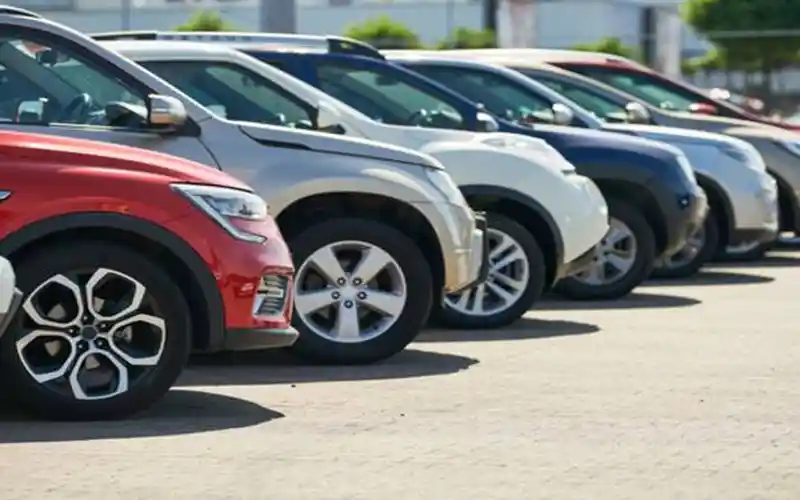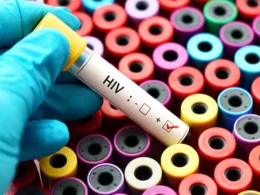The government has enforced strict conditions on imported vehicles starting October 1, under International Monetary Fund (IMF) requirements, raising safety and quality standards from 17 to 62.
According to the Ministry of Industries and Production, all imported vehicles must now comply with 62 safety and quality benchmarks. Locally manufactured vehicles will adopt six new standards beginning July 1, 2026.
The ministry has made international certifications for environment, safety, quality, and testing mandatory. Importers must provide certifications from authorized institutions in Japan, Korea, and China before shipping vehicles to Pakistan.
Only commercial importers are allowed to bring vehicles into Pakistan under these new rules. The Engineering Development Board will oversee all examination, verification, and compliance stages of imported vehicles.
READ: Procter & Gamble to shut down operations in Pakistan
Damaged or tampered vehicles will no longer be accepted. Cars with altered mileage, cracked glass, faulty lights, or unclear airbag verification will be banned from import, ensuring stricter quality control.
Imported vehicles will also undergo a third-party post-shipment inspection at the importer’s expense. This step ensures compliance with environmental safety and mechanical performance requirements before use in Pakistan.
For electric vehicles, battery life, charging standards, durability, performance, and recycling requirements will be mandatory. Vehicles emitting smoke harmful to the environment will also face a complete import ban.
The notification states that seating capacity, axle numbers, load capacity, and overall build quality must be verified. Vehicles failing to meet the new conditions will not be imported.
The government says the move aims to improve road safety, reduce environmental hazards, and bring Pakistan’s automobile market in line with global standards to protect consumers.











